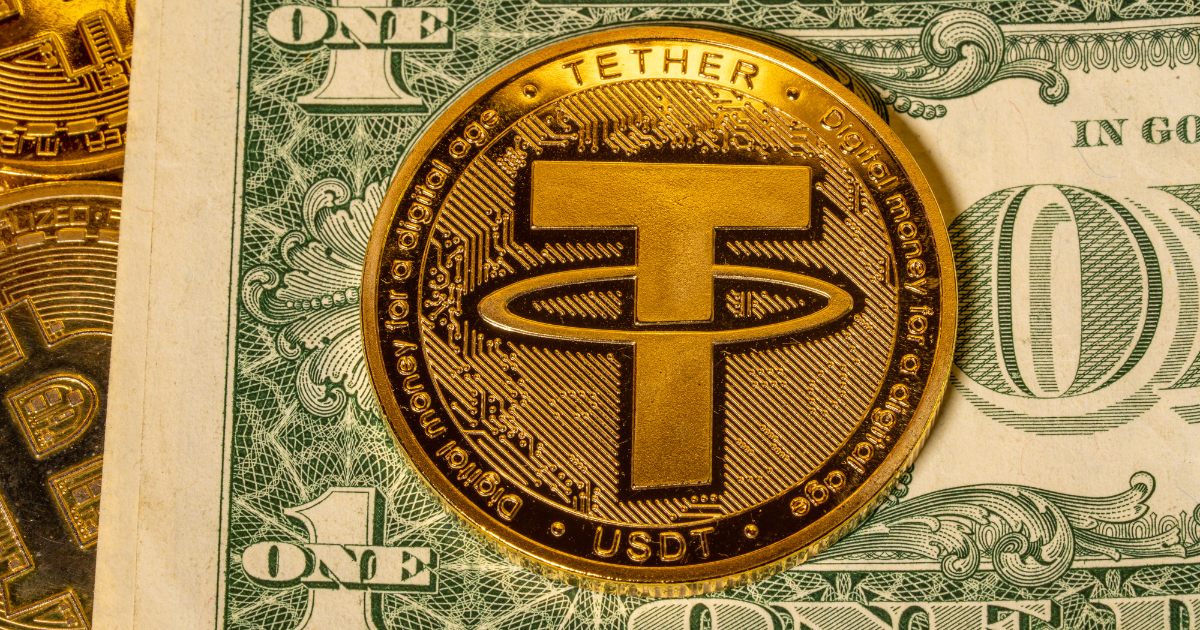The cryptocurrency industry’s growing responsibility for adhering to global financial regulations is underscored by this decisive action.
The recent development exposes PDVSA’s increased use of Tether’s USDT as a workaround to evade U.S. sanctions on its oil exports, which have been recently reinstated.
PDVSA’s Expansion in USDT Adoption to Bypass U.S. Sanctions
The reestablishment of these sanctions was prompted by concerns over the legitimacy of Venezuela’s upcoming election, leading PDVSA to seek alternative avenues to sustain its operations.
In response, Tether took decisive measures by freezing 41 wallets in December, all linked to individuals or entities identified on the U.S. Treasury Department’s OFAC Specially Designated Nationals (SDN) list. This list comprises individuals and entities considered threats to national security, foreign policy, or the economy, engaging in activities like terrorism and narcotics trafficking.
Stablecoin provider @Tether_to has declared the freezing of wallets involved in using $USDT to evade sanctions on Venezuelan oil exports. Link to tweet
— CoinDesk (@CoinDesk) April 24, 2024
PDVSA’s adoption of USDT began last year and has seen a surge following the reinstatement of U.S. sanctions. By leveraging USDT, PDVSA sought to retain access to global oil markets despite the sanctions, taking advantage of the anonymity offered by digital currencies. Nonetheless, Tether’s proactive measures to freeze associated wallets signal a significant shift towards transparency and compliance in the cryptocurrency domain, often criticized for its potential role in enabling financial misconduct due to its inherent anonymity.
Further Details on Tether
Tether’s actions also highlight the increasing pressure on cryptocurrency entities to comply with international sanctions and regulatory frameworks. With cryptocurrencies intersecting more with the global financial arena, there is a growing expectation for these platforms to abide by legal norms. The freezing of wallets connected to sanctioned entities showcases Tether’s commitment to preventing the illicit use of its cryptocurrency.
Reports indicate a rise in the use of stablecoins to evade sanctions. Venezuela’s state-owned oil company, PDVSA, purportedly demands prepayment in Tether for half of each cargo’s value, anticipating the reinstatement of U.S. sanctions next month. Link to tweet
This situation sheds light on the broader implications of cryptocurrency integration in global trade and evasion of sanctions, prompting critical discussions on balancing innovation in the digital currency sphere with the need for regulatory oversight to combat financial crimes.
Disclaimer
The content provided by Altcoin Buzz is not intended as financial advice and is for educational, entertainment, and informational purposes only. Any strategies or information shared reflect the opinions and risk tolerance levels of the writers/reviewers, which may differ from your own. Altcoin Buzz does not take responsibility for any potential losses resulting from investments directly or indirectly related to the provided information. Considering the high-risk nature of Bitcoin and other cryptocurrencies, thorough due diligence is highly recommended. Copyright Altcoin Buzz Pte Ltd.

